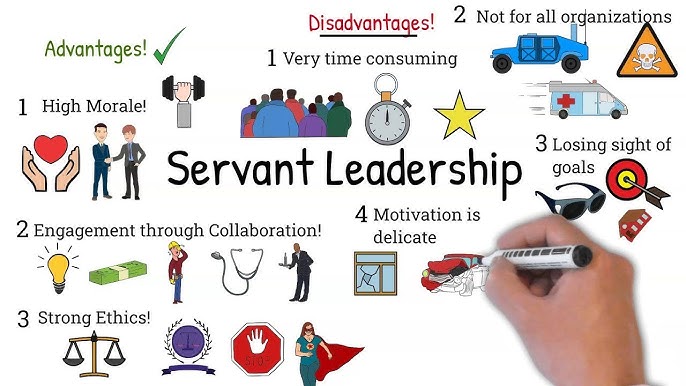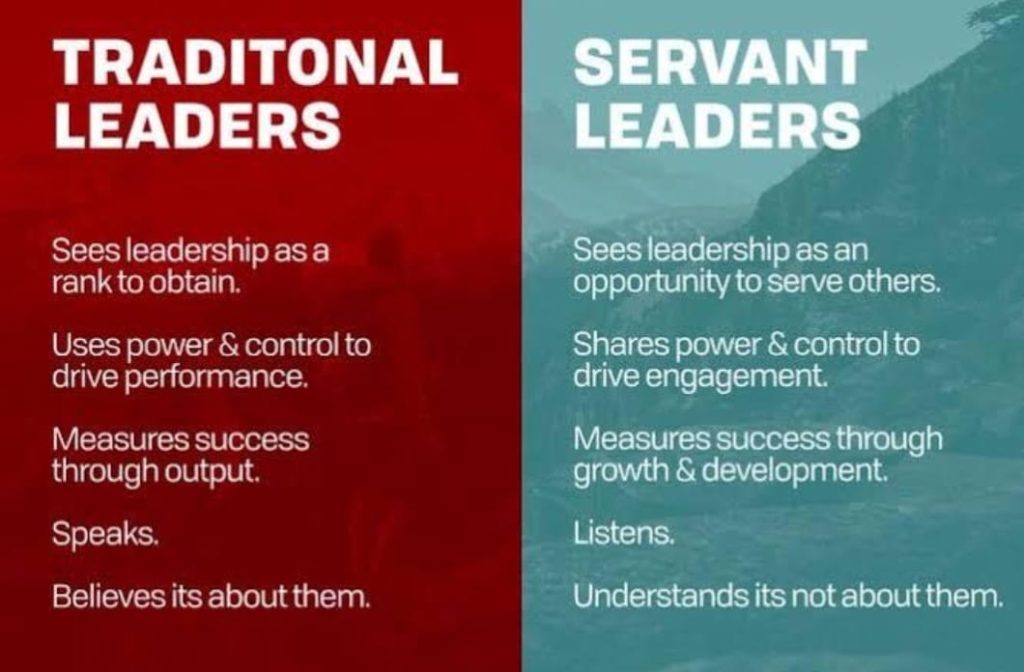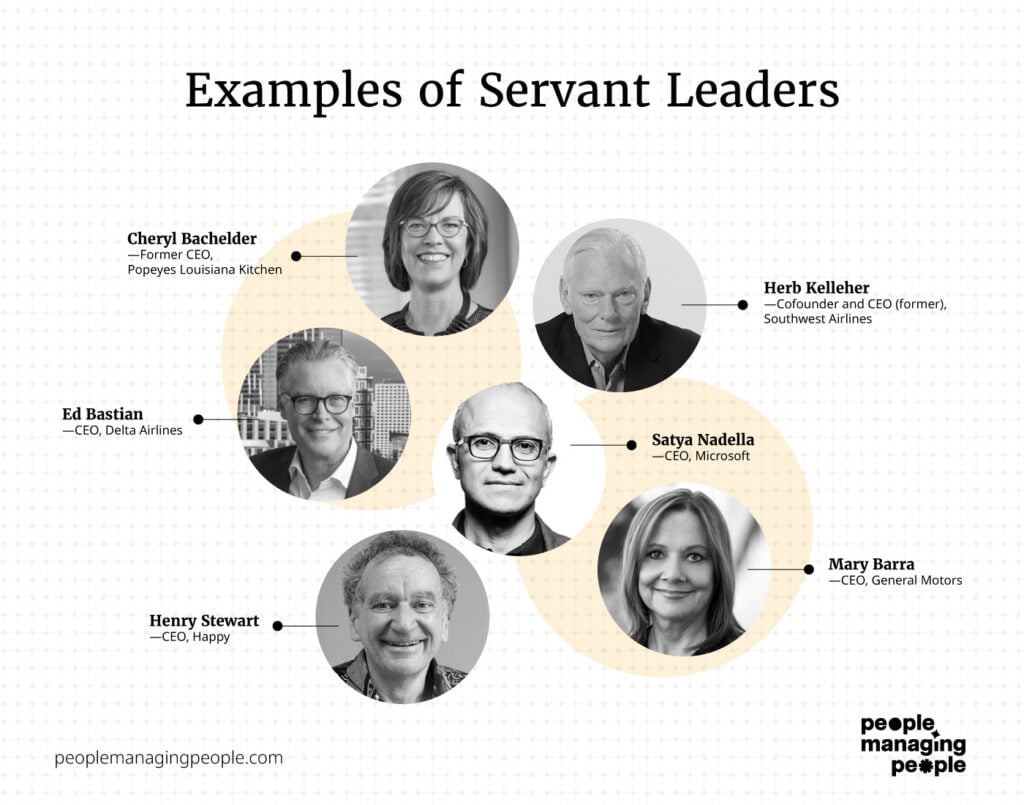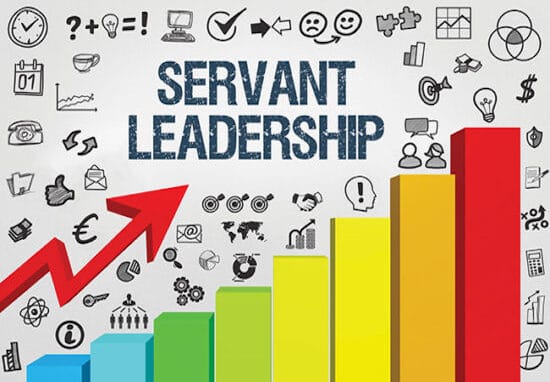Leadership skills are essential for guiding, motivating, and influencing others to achieve a common goal. Key leadership skills include:
1. Communication
Clarity: Effective leaders communicate clearly and concisely.
Active Listening: Being attentive to others’ ideas, concerns, and feedback.
Non-Verbal Communication: Understanding body language and tone of voice to reinforce verbal communication.

2. Emotional Intelligence (EQ)
Self-Awareness: Understanding your emotions and how they affect others.
Empathy: Recognizing and considering the emotions of team members.
Regulation: Managing emotions in high-stress situations.
3. Decision-Making
Analytical Thinking: Gathering and analyzing information before making a decision.
Problem Solving: Identifying challenges and coming up with effective solutions.
Decisiveness: Being able to make firm decisions promptly when needed.

4. Adaptability
Flexibility: Being open to change and adjusting strategies as new information arises.
Resilience: Handling setbacks and challenges while staying focused on long-term goals.
5. Vision
Strategic Thinking: Crafting a clear, long-term vision for the team or organization.
Goal Setting: Defining specific, measurable, and attainable goals for team success.
Inspiration: Motivating others to buy into the vision and work toward shared objectives.

6. Delegation
Trust: Assigning tasks to team members and trusting them to execute.
Empowerment: Providing resources and autonomy to team members so they can perform at their best.
Accountability: Holding individuals and teams responsible for their performance.
7. Conflict Resolution
Mediation: Helping team members resolve disagreements in a fair and constructive way.
Negotiation: Finding win-win solutions in conflicts or negotiations.
Diplomacy: Handling sensitive situations tactfully.
8. Mentorship and Development
Coaching: Providing feedback and guidance to help others improve their skills.
Support: Encouraging personal and professional development.
Recognition: Acknowledging and celebrating team successes and individual achievements.

9. Integrity
Ethical Behavior: Demonstrating honesty and transparency in actions and decisions.
Reliability: Being dependable and keeping promises.
Respect: Valuing the opinions and contributions of all team members.
10. Team Building
Collaboration: Encouraging teamwork and fostering a collaborative
environment.
Inclusivity: Ensuring diverse perspectives are welcomed and integrated.
Trust Building: Creating an environment where team members feel safe and supported.
Thanks for reading.



